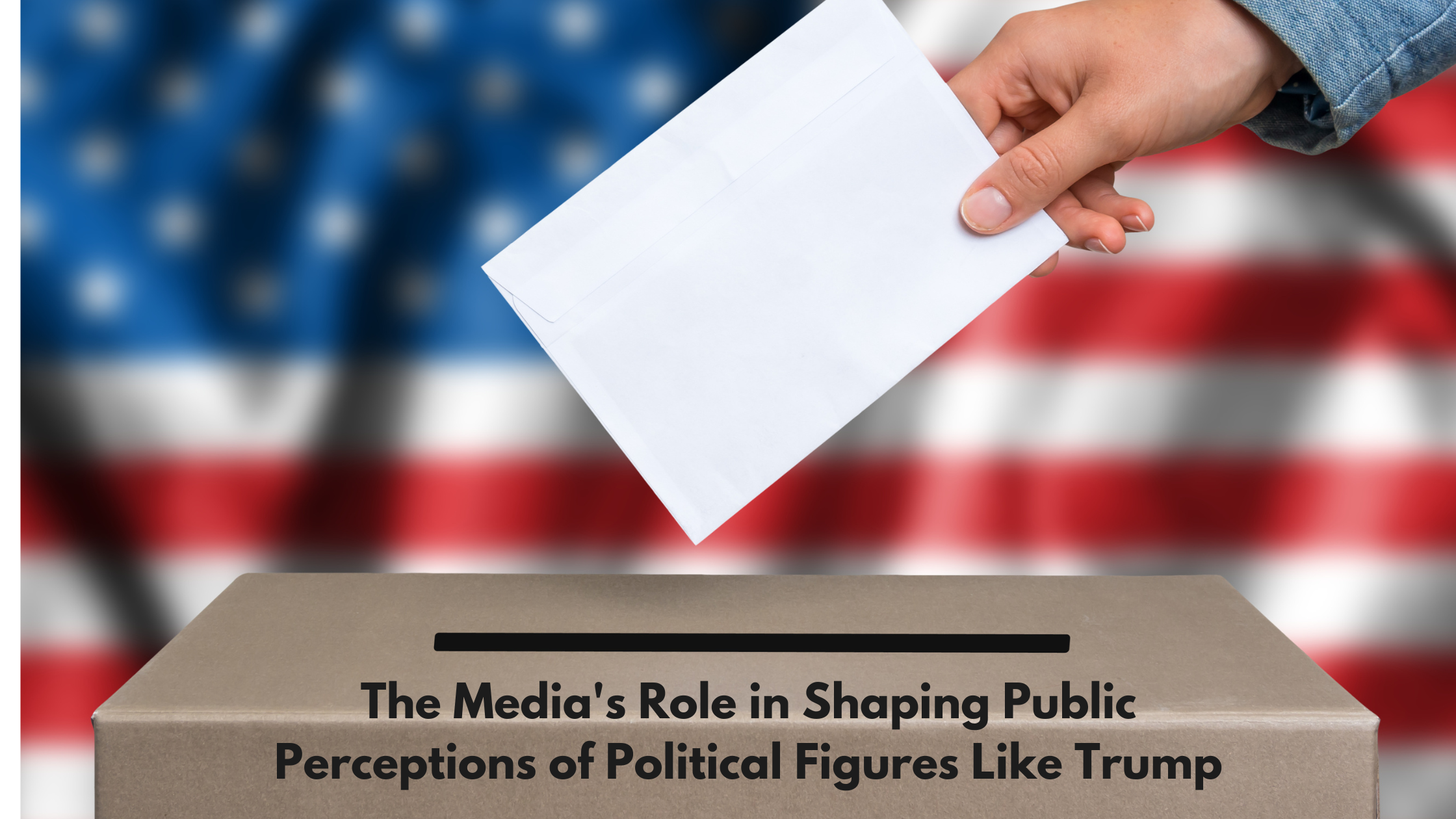Donald Trump is positioning himself to challenge the legitimacy of the 2024 election results, echoing tactics from 2020. As Election Day approaches, he has consistently asserted—without evidence—that Democrats are orchestrating voter fraud. This narrative is bolstered by his allies, amplifying his claims on social media and in public forums. His accusations cover everything from voter verification in overseas ballots to supposed fraud in mail-in voting, though he has paradoxically encouraged his supporters to vote early by mail this election.
Trump’s strategy involves a mix of claims: he suggests noncitizen voting is prevalent, that early voting processes are exploited, and that the only way Vice President Kamala Harris could win is through cheating. Election experts stress these claims are unsubstantiated, and voter fraud remains exceedingly rare. Key figures, like election attorney Ben Ginsberg, argue that Trump’s rhetoric undermines public trust in elections without factual basis, repeating tactics he used in 2020 when he sought to overturn the results after losing a tight race.
A particular focus is on Pennsylvania, a battleground state likely to play a pivotal role in deciding the election. Trump has spotlighted isolated incidents, such as a batch of questionable voter registration applications, as evidence of broader fraud, despite these cases being flagged by existing verification processes. Local officials emphasize that such incidents reflect the robustness of safeguards, not systemic cheating.
Social media plays a significant role in amplifying Trump’s claims. Elon Musk’s platform, X (formerly Twitter), has become a hub for these narratives, leading election officials to work more proactively to counter misinformation. While Musk has publicly refuted allegations of spreading dangerous disinformation, his platform has become a conduit for baseless claims that officials struggle to counteract.
Despite warnings, Trump’s camp has persisted with conspiracy theories that may preemptively frame the election results as fraudulent if he loses. With an increase in early voting and mail-in ballots, both Republicans and Democrats are scrutinizing turnout data. Experts warn, however, that premature analysis of this data is misleading and risks stoking unfounded claims of irregularities. This situation mirrors 2020, when Trump prematurely declared victory based on incomplete Election Day tallies that later shifted as more mail-in ballots were counted.
Trump’s rhetoric on alleged widespread noncitizen voting has heightened legal battles over voter roll purges, particularly involving military and overseas ballots. Voting rights advocates argue these purges may disenfranchise eligible voters, despite scant evidence supporting Trump’s claims of substantial noncitizen voting.
Finally, election officials are preparing for a post-election landscape that may resemble the chaos following the 2020 election, with intensified threats of violence and new security measures at polling sites. Federal agencies, including the FBI and DHS, have warned that election-related grievances could fuel domestic extremism. As officials strengthen defenses against potential interference and violence, there remains a focus on ensuring vote integrity in an atmosphere laden with misinformation and mistrust.




